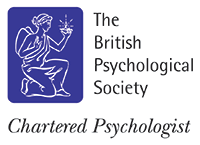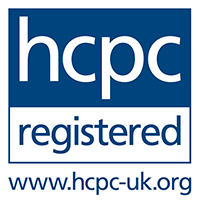What are the Pritchard Criteria?
This is taken from a Consultation by the Law Commission (Consultation Paper 197). They were to publish a report in the summer of 2012 and are hopefully going to introduce a standard psychiatric assessment as the Pritchard Criteria is quite a controversial test.
The law on unfitness to plead is concerned with whether or not an accused is able to stand trial and, if not, the procedure that should be used to deal with that accused. Where the issue of unfitness to plead arises, the court does not consider the accused’s guilt, but rather two distinct issues. First, there is the question of whether the accused is “under a disability” which renders it inappropriate for him or her to be tried. This can be due to a disability caused by a physical impairment or a mental disorder. An example would be an accused who as a result of very low intellectual ability is unable to follow the process of his or her trial. Secondly, if the court finds that the accused is under such a disability, the jury must determine whether or not the accused did the act or made the omission charged There is no statutory provision for the legal test of whether or not an accused person is unfit to plead. The test itself, known as the Pritchard test, is covered by the common law.
In short, the Pritchard test requires that the accused must be able to: plead to the indictment; understand the course of the proceedings; instruct a lawyer; challenge a juror; and understand the evidence. If the accused is unable to do any one of these five things then he or she is unfit to plead. Along with the recommendations above, it also recommended that the criteria which comprise the legal test should be reformulated to include the ability to:
(a) understand the course of the proceedings at the trial so as to make a proper defence;
(b) understand the substance of the evidence;
(c) give adequate instructions to his legal advisers; and
(d) plead with understanding to the indictment.
Under the current law on unfitness to plead, section 4(6) of the 1964 Act provides that a court cannot make a determination as to the accused’s unfitness to plead “except on the oral or written evidence of two or more registered medical practitioners at least one of whom is duly approved”
“Registered medical practitioner” is defined in the 1964 Act as a “fully registered person within the meaning of the Medical Act 1983 who holds a licence to practice”. “Duly approved” means “approved for the purposes of section 12 of the Mental Health Act 1983 by the Secretary of State as having special experience in the diagnosis or treatment of mental disorder”.






